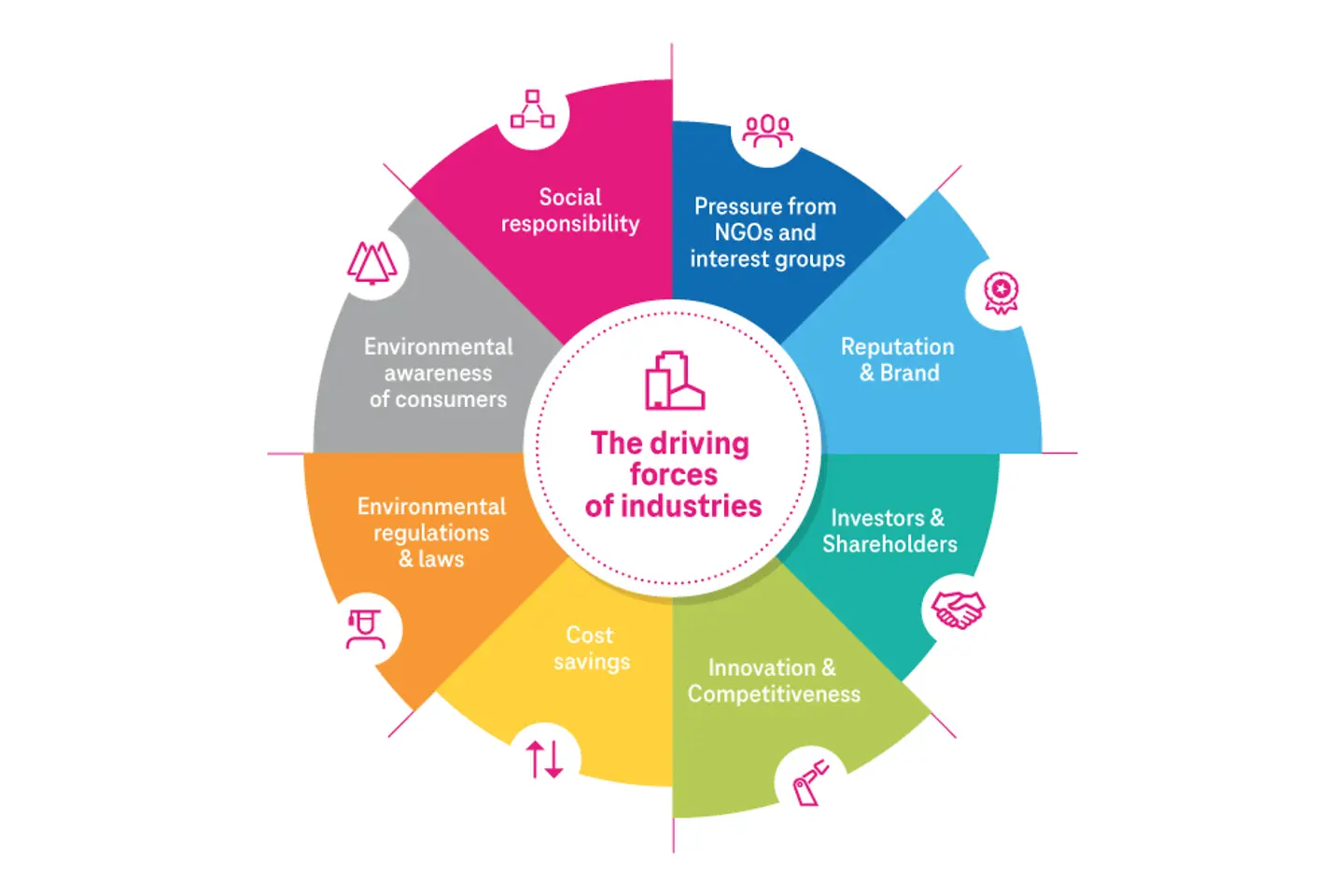
One thing is clear: companies cannot meet ambitious future climate targets using yesterday's technologies. Therefore, it’s high time to rethink digitalization. Can an industry cloud help drive sustainable digital transformation? This is precisely the question I would like to explore today. To simplify this complex topic, I have a clear equation in mind – let's see if the result is right: industry + industry cloud = green.
I follow the premise behind the motto: two times three makes four. Anyone familiar with Pippi Longstocking will remember this was one of her favorite sayings. After all, it’s tempting to want the world to follow our own rules. Pippi's arithmetic – we know this without insulting her – is incorrect. But what about my equation? At first, you can basically claim anything. Combining “industry” and “cloud” on paper and defining a result in advance is easy. What makes it exciting is checking the plausibility of that result and whether changes in the sum can influence it. First, let’s break down the industry and cloud separately.

What influences my equation, and what defines its value? The higher an "industry" parameter value, the more critical it is for its respective sector. The pressure on companies and industries to act sustainably and protect the environment has different origins and reasons. In turn, these origins and reasons shape different values. Some factors that influence enterprises include:
Let's now turn to the second part of my equation: the industry cloud. We can look at the sustainable added value cloud technology broadly offers to understand how it could be green. Cloud computing provides various ways to reduce the environmental impact of IT infrastructures, as it reduces the need for physical servers and hardware on-site. This results in lower consumption of energy, cooling, and space savings.
Thanks to the cloud, companies can scale their IT resources in line with demand and use them more efficiently, which minimizes consumption and the associated costs. Green managed services providers can also host enterprise data and digital applications in environmentally friendly data centers that rely on renewable energy sources.
By helping to reduce enterprises’ ecological footprints and promoting environmentally friendly business practices, the cloud can widely contribute to sustainability. Combined with industry clouds, developing industry-specific solutions enables more sustainable operations in various sectors of the economy.
An industry cloud differs from “normal” cloud services in various aspects. To be classified as such, it must fulfill specific criteria. Its characteristic features are, among others:
Organizations are under pressure to develop sustainable business processes quickly. My formula may represent a simplified link between cloud platforms and environmental friendliness. The actual influencing factors are complex, vary from sector to sector, and require consideration of further aspects.
Using industry cloud solutions alone does not guarantee greater sustainability, but they can act as a tool to promote and accelerate sustainable operations. For example, they can support energy savings and resource efficiencies. The result depends on various factors, such as the respective sector’s overall sustainability efforts and the industry cloud’s effectiveness.
Nevertheless, my initial formula is more logical than Pippi's playful worldview. With the industry cloud guiding companies’ integration of sustainable practices through special cloud solutions, we can establish more environmentally friendly business processes in the long run. This enables us to shape the world a little more the way we like it: more social, more sustainable, and green. Contact us if you’d like to explore industry cloud solutions for your enterprise.